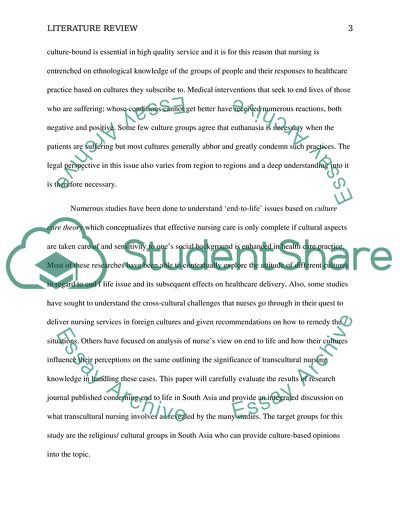Cite this document
(Integrative literature review Assignment Example | Topics and Well Written Essays - 1250 words, n.d.)
Integrative literature review Assignment Example | Topics and Well Written Essays - 1250 words. https://studentshare.org/nursing/1859144-end-of-life-care-in-south-asia
Integrative literature review Assignment Example | Topics and Well Written Essays - 1250 words. https://studentshare.org/nursing/1859144-end-of-life-care-in-south-asia
(Integrative Literature Review Assignment Example | Topics and Well Written Essays - 1250 Words)
Integrative Literature Review Assignment Example | Topics and Well Written Essays - 1250 Words. https://studentshare.org/nursing/1859144-end-of-life-care-in-south-asia.
Integrative Literature Review Assignment Example | Topics and Well Written Essays - 1250 Words. https://studentshare.org/nursing/1859144-end-of-life-care-in-south-asia.
“Integrative Literature Review Assignment Example | Topics and Well Written Essays - 1250 Words”. https://studentshare.org/nursing/1859144-end-of-life-care-in-south-asia.


